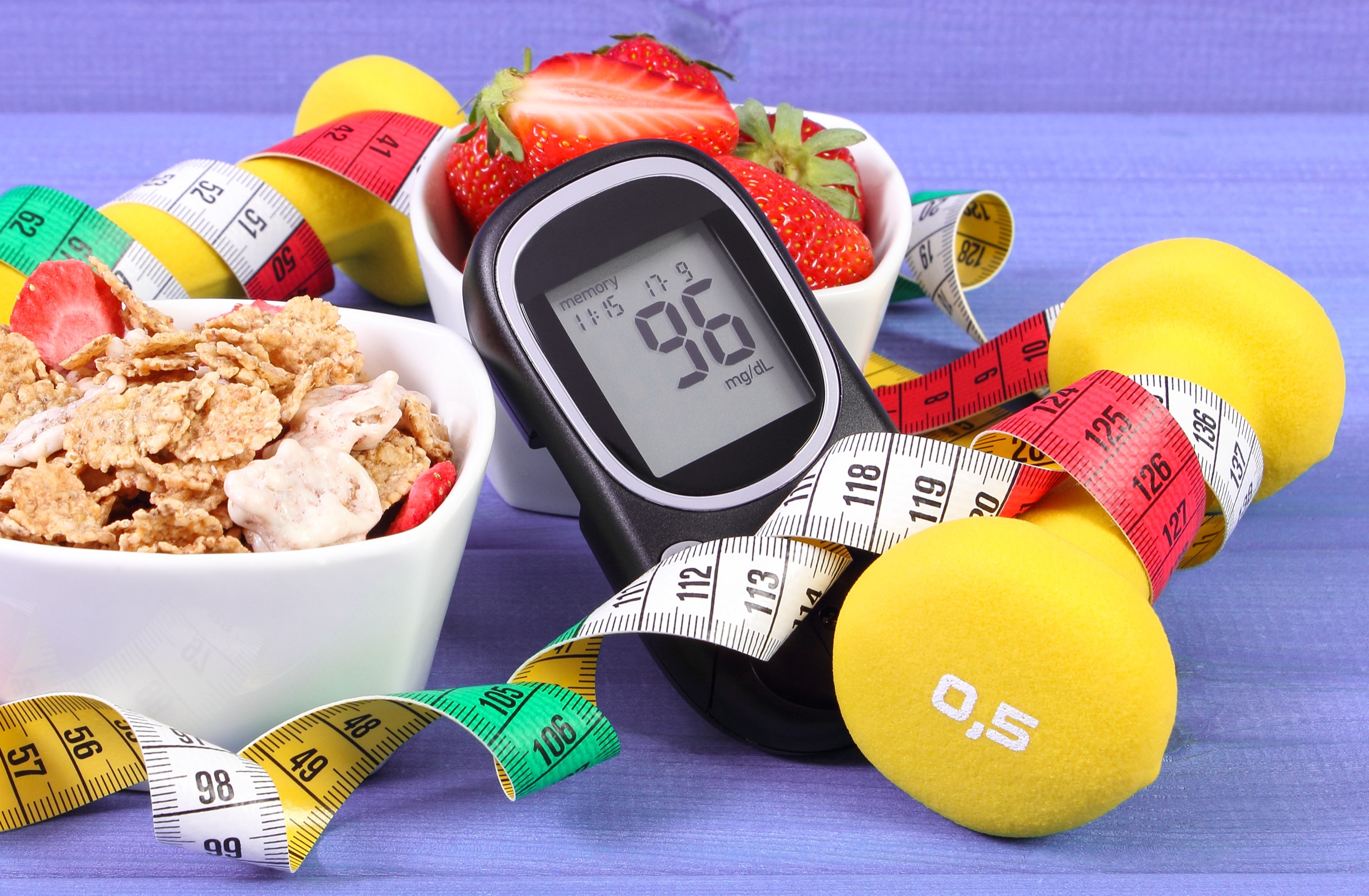For individuals with diabetes, managing blood sugar levels can be a daily endeavor. Oftentimes, mealtime insulin is a helpful tool in achieving target blood sugar goals. Short-acting or rapid-acting insulin, also known as bolus or mealtime insulin, is specifically designed to address the rise in blood sugar that occurs after meals. Examples of short-acting insulins include insulin aspart (Novolog), insulin lispro (Humalog) and insulin glulisine (Apidra).
See our blog about Glucagon Injection for Severe Hypoglycemia
Understanding Short-Acting Mealtime Insulin:
Short-acting mealtime insulin is a type of insulin that is taken before a meal to control the post-meal rise in blood sugar. Unlike long-acting basal insulin, which provides a steady background level of insulin throughout the day, short-acting insulin is utilized to account for the carbohydrates that you eat during a meal.
How Short-Acting Insulin Works:
Short-acting insulin is designed to mimic the natural release of insulin by the pancreas in response to food intake. It acts swiftly, typically working in about 15 minutes, to regulate blood sugar levels by helping glucose from the meal enter the cells for energy or storage, thereby reducing sugar in the blood. This rapid action helps prevent dangerous spikes in blood sugar after the meal.
Benefits of Short-Acting Mealtime Insulin:
Post-Meal Control: Short-acting insulin is particularly effective at addressing the rapid rise in blood sugar that occurs after eating, helping to keep blood sugar levels within a healthy range.
Flexibility: Short-acting insulin allows individuals to adapt their insulin doses to the amount and type of food they are eating. This flexibility can be valuable in managing blood sugar levels. Healthcare providers can work with patients to customize short-acting insulin regimens to match the unique needs and lifestyle of each individual, providing personalized diabetes management.
Improved Symptom Control: By controlling post-meal blood sugar spikes, short-acting insulin helps reduce symptoms of severely high blood sugar such as excessive thirst, frequent urination, and blurry vision.
Considerations and Safe Usage:
Importance of Timing: Short-acting insulin should be administered approximately 15 minutes before the start of a meal. Be sure to talk with your doctor about the timing needed for the specific short-acting insulin that you are taking, as this timeframe can vary depending on which insulin product you are using. This timing is essential for preventing low blood sugar, which can occur if you wait too long to eat after taking the mealtime insulin. This timing will also help to optimize the effects of the insulin to regulate your blood sugar properly during and after a meal.
Dose Adjustment: The dose of short-acting insulin is often adjusted based on various factors, including the amount of carbohydrates in the meal, blood sugar levels before meals and physical activity. Working closely with a healthcare provider or diabetes educator is important for using safe and effective insulin doses.
Hypoglycemia Risk: Since short-acting insulin acts quickly, there is a risk of hypoglycemia if you take too much insulin, if you take it too soon before a meal, or take it and then miss a meal. Make sure to be educated about low blood sugar and how to treat it so that you can address low blood sugar promptly.
Meal Planning: Proper meal planning, including monitoring carbohydrate intake, can help you determine the right dose of short-acting insulin for each meal. Read about Tips For Easy Meal Prep
Conclusion:
Short-acting mealtime insulin is a valuable tool for certain individuals with diabetes, enabling them to manage post-meal blood sugar spikes and maintain better overall blood sugar control. The key to its successful use lies in proper timing, dose adjustment, and close collaboration with healthcare providers to create a tailored management plan.
Resources:
1) https://www.accessdata.fda.gov/drugsatfda_docs/label/2015/020986s082lbl.pdf]
2) https://my.clevelandclinic.org/health/diseases/9815-hyperglycemia-high-blood-sugar
3) https://diabetesjournals.org/care/article/46/Supplement_1/S140/148057/9-Pharmacologic-Approaches-to-Glycemic-Treatment












